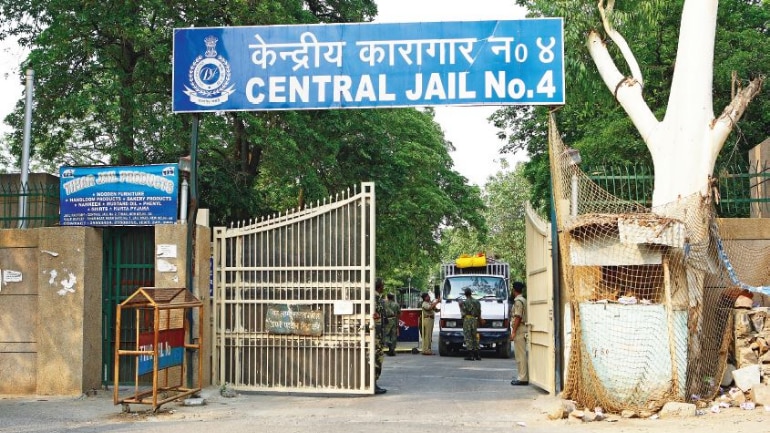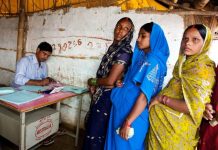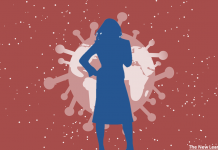The revamped GST sees the reduction in rates of many popular consumer goods while the very essential ‘sanitary pad’ continues to be heavily taxed. In a country where only 12% women can afford sanitary pads and 88% continue to suffer without them what does this taxation imply?
Meera Sinha | The New Leam
The rhetorical and much anticipated ‘acche din’ never really came but what continues to come in the lives of all girls every month are the five ‘not so acche din’(this implies that we while we have lost the hope for the promise of the good days every month every female has to pass through the five not-so-good days every month).
I reiterate this because the recent revision of the GST taxes have hugely revamped the tax for several necessary commodities of day to day use but have failed to take any substantial measures on sanitary napkins. Sanitary napkins are no luxury even if they seem to be so in a context like ours where nearly 88% women still do not have access to them. If one were to statistically look at the issue then what we see is that there are nearly 355 million menstruating women in India and only 12% out of them have access to sanitary hygiene.

We all know that the lack of sanitary hygiene gives birth to several health related problems often proving fatal for the women. While we live in a milieu were basic necessities like sanitary pads seem like a luxury it is an urgent and fundamental responsibility of the government to ensure that these are available across states to women either free of cost or at extremely subsidized rates. This would be a meaningful step towards controlling disease, infections and promoting the culture of hygiene in neighborhoods. However, contrary to what is being expected of them while the GST Council slashed the rates for nearly 200 items.
These range to a wide variety of products and services from eating out to shampoo, deodorant, toothpaste, shaving-cream, and aftershave lotion, shoe polish to chocolate, chewing gum and nutritious drinks. Given the revision of the GST these products and services will become cheaper. However, Sanitary Napkins which are a fundamental need of women across the country continues to attract 12 per cent GST and has been neglected a place in the bracket of the ‘Necessary Items’, despite notably being the most commonly used product by millions of women in India.
The unaffordability of sanitary napkins has added to making it further in accessible to women from the lower rungs of society and the GST regime has not helped eradicate the problem. It is a problematic issue and must be addressed with utmost sensitivity. Women’s health is central to their empowerment and if this concern is neglected then any other efforts will only appear deeply superficial. The Delhi High court following a Public Interest Litigation (PIL) petition has sought a response from the Finance Ministry on imposition of 12% GST on Sanitary Napkins by November 15.
It is time that the nation-state learns to discriminate between necessity and luxury and work towards building a tax structure that takes into account the needs and aspirations of the millions of people who are dependent on it. If issues such as these are ignored then the health condition of women will never improve in this country and we shall never truly be able to move towards the light of modernity without such basic structural concerns. Actress Kalki Koechlin as recently made an insightful video in this context where she has openly asserted how the GST(Goods and Services Tax) has turned out to become the ‘ Girls Ko Satao Tax’.
It is time that the lure of the market forces stops blindfolding the nation state and it is once again able to work towards inclusive development built on the needs and demands of the masses.
The New Leam has no external source of funding. For retaining its uniqueness, its high quality, its distinctive philosophy we wish to reduce the degree of dependence on corporate funding. We believe that if individuals like you come forward and SUPPORT THIS ENDEAVOR can make the magazine self-reliant in a very innovative way.














